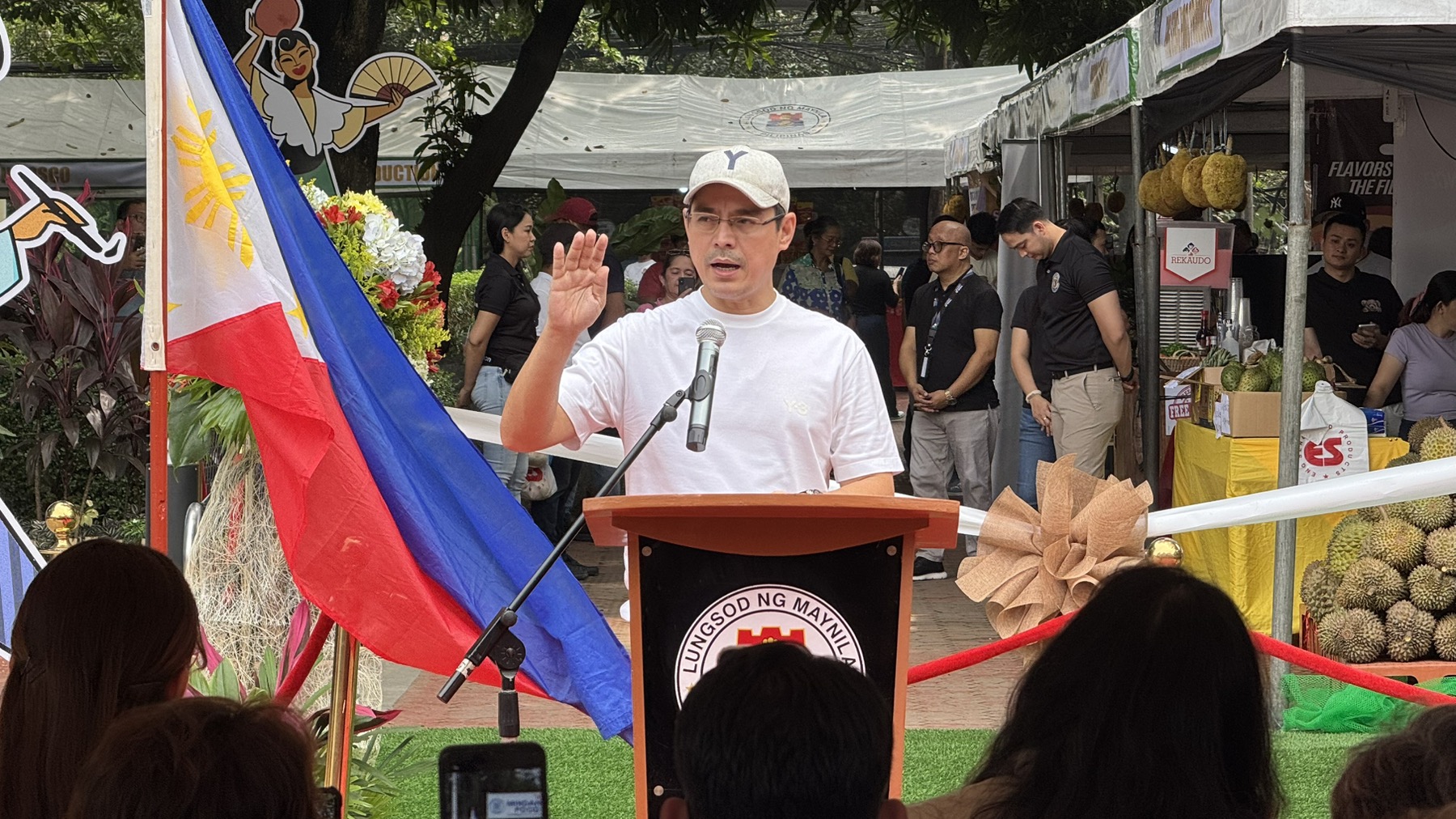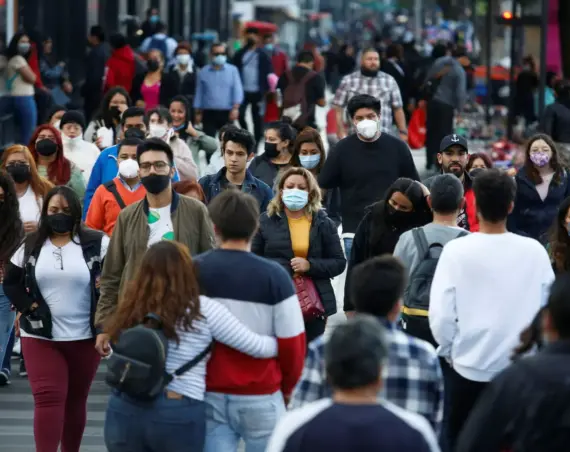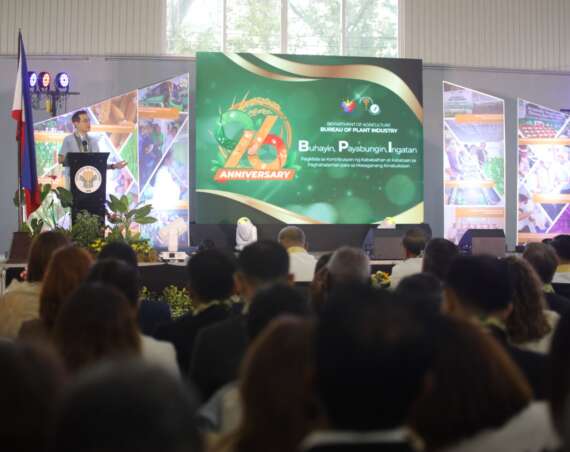Former Agriculture Secretary Emmanuel “Manny” Piñol has sought the help of Manila City Mayor Francisco “Isko” Moreno Domagoso, saying Filipino rice farmers are “crying and losing money” as farmgate prices plunge to as low as ₱8 to ₱10 per kilo amid a flood of imported rice in the local market.
During a courtesy meeting with the Mayor, Piñol presented the worsening situation of small farmers and cooperatives struggling to sell their harvests due to oversupply and low trader prices.
“Umiiyak na ang ating mga rice farmers. Presyo ng mga trader, otso hanggang sampung piso per kilo. Lugi ang farmer,” Piñol said, noting that many can no longer recover their capital and are forced to borrow at steep interest rates.
Piñol cited as an example Nueva Ecija farmer Danilo Bolos, a former overseas Filipino worker who started with one hectare of land and has since expanded to 30 hectares.
Bolos, now recognized as one of the country’s top rice producers, harvests up to 17 metric tons per hectare, triple the national average of 4 to 5 metric tons.
“Pinag-aralan niya talaga, so umiikot siya ngayon sa Pilipinas, shine-share niya sa iba ang knowledge,” Piñol said.
But despite his success story, Bolos recently told lawmakers in the House of Representatives that even the most hardworking farmers are now struggling to survive.
He said high production costs, expensive pesticides, and low buying prices have left many rice producers in debt.
“Farmers who feed the nation are now being reduced to beggars,” Bolos lamented before congressmen, urging the government to enforce a fair floor price for palay to help them recover their losses.
Piñol appealed to the Manila City Government to integrate local rice farmers into its markets and food programs, reviving a partnership established five years ago when the city purchased directly from farmers.
He proposed that “Bigas Pinoy,” premium local rice varieties from Nueva Ecija, Palawan, and Mindoro, be distributed in city markets and included in rice allowances for government workers and private employees.
“Baka pwede maisakay ng mga magsasaka ang mga premium na bigas, tapatan natin ang rice cartel, at ibenta sa merkado sa mas mababang halaga kaysa imported,” Piñol said.
The Mayor welcomed the proposal, recalling how Manila has long served as an agricultural hub connecting Luzon’s farming provinces to city markets.
“Since hindi pa ako pinapanganak, Recto is already an outlet for farmers, mga taga-Pampanga, d’yan nagbabagsak ng pakwan, singkamas, at iba pang produkto,” the M|ayor said.
He recounted that during the pandemic, while other cities closed routes, Manila kept its trading outlets open to ensure farmers could deliver their goods.
“Noong pandemya, hindi ko pinayagang isara ’yung mga outlet. Kasi saan dadalhin ng mga magsasaka ang mga kamatis at bigas nila? Umiiyak sila noon sa bundok, kasi ibinubuhos na lang sa bangin,” Domagoso said.
“Every time na tumatawag ka, kung pwede ba dalhin ang produkto d’yan, noong pandemya tuloy-tuloy tayo.”
To assist farmers in finding stable markets, Domagoso directed Manila Market Administration Office Director Joey Hizon to study the farmers’ proposals, including allocating stalls in city markets for local rice producers.






